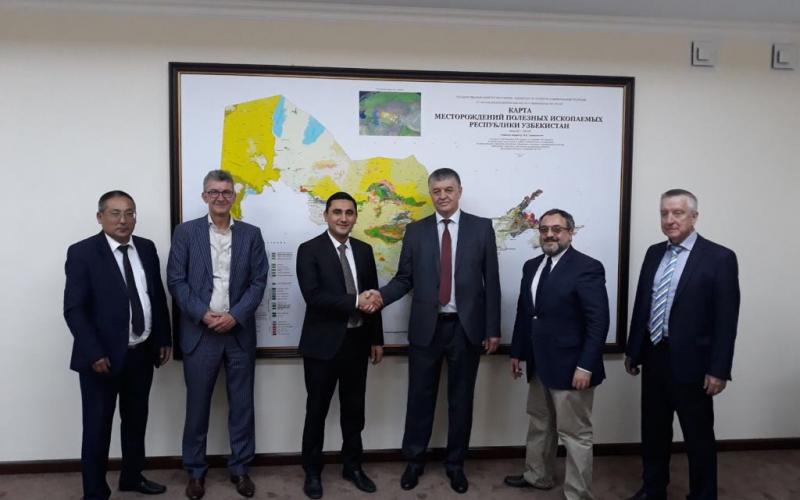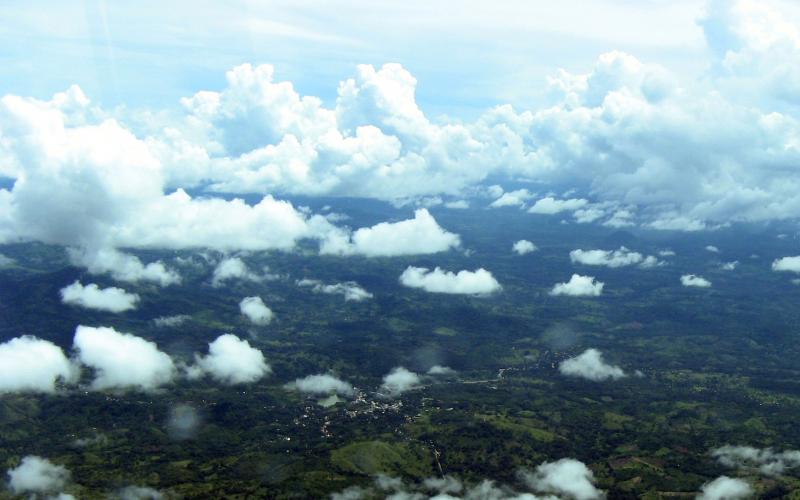
The Groundwater Resources Governance in Transboundary Aquifers (GGRETA) Project addresses issues related to Transboundary Aquifers and responds to the pressing need of increasing the knowledge on their physical and socioeconomics characteristics. It is an integral component of the UNESCO’s International Shared Aquifer Resource Management (ISARM) Initiative and the Transboundary Waters Assessment Programme (TWAP). The project is structured in three phases:
- GGRETA 1 (2013-2015)
- GGRETA 2 (2016-2018)
- GGRETA 3 (2019- 2022)
It uses a methodology based on water diplomacy and science. The project is implemented since 2013 in three pilot aquifers and regions, in cooperation with partners and stakeholders:
- Stampriet Transboundary Aquifer System and Africa
- Pretashkent Transboundary Aquifer system, in Central Asia
- Ocotepeque-Citala Transboundary Aquifer System, in Central America
Overall project objective is to achieve, in the three pilot regions, a better governance of shared groundwater resources through an approach based on transboundary cooperation and science-based multidisciplinary assessments.
GGRETA 1 (2013-2015)
The aim of this phase was to understand groundwater dynamics and have a better understanding of each pilot transboundary aquifer, based on scientific knowledge.
GGRETA 2 (2016-2018)
The aim of this phase was to improve cross-border dialogue based on shared management tools and foster improvements in governance, laying the foundations for consultation and cooperation mechanisms.
GGRETA 3 (2020-2022)
The aim of this phase is to strengthen regional stability, cooperation and peace through the establishment of cooperative frameworks for transboundary groundwater governance.
The role of IGRAC
In the first project phase, IGRAC was responsible for data and information management; also IGRAC provided technical support to the project management and transboundary aquifer teams. In addition, IGRAC designed and developed a GGRETA Information Management System (IMS) to store, visualise and share information collected during the three aquifer assessments.
In the second phase, IGRAC was requested by UNESCO-IHP to organise the modelling activities in the Pretashkent Aquifer. The first expert meeting was held in Tashkent in May 2018.
In the current third phase, IGRAC has provided, under request of UNESCO, trainings and technical support to African river basin organizations and countries in support of better groundwater management and data sharing.








